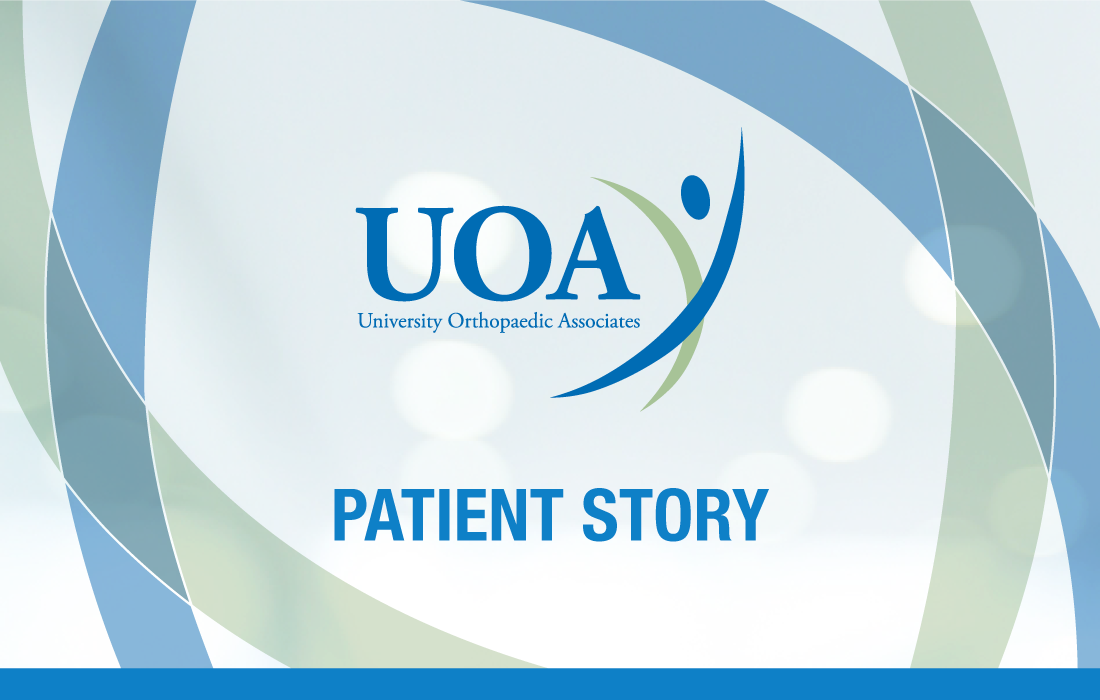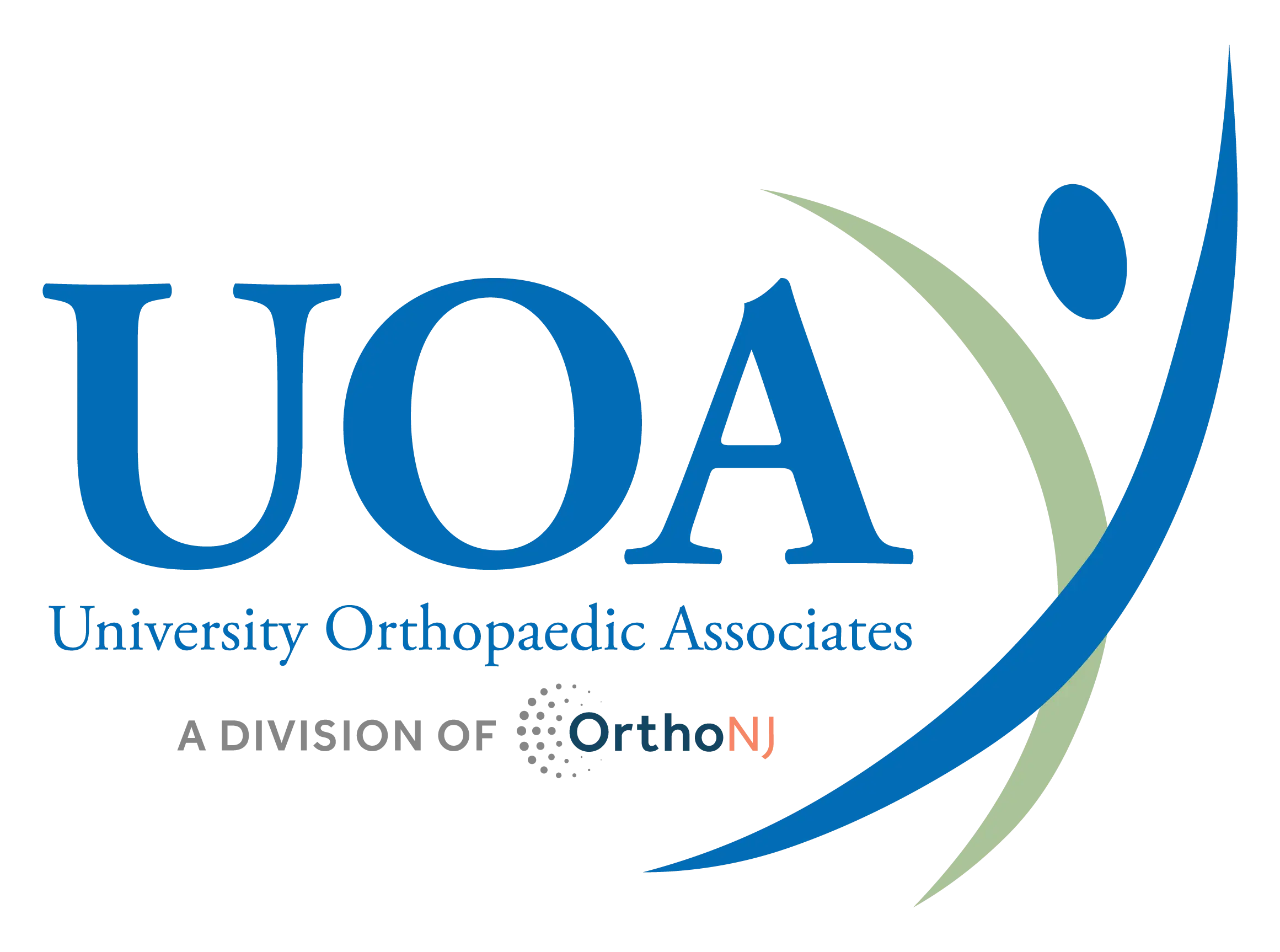Somerset Man Finds Relief from Back Pain

Dr. Matthew McDonnell Performs Discectomy
Richard Anthony does not mince words.
“He’s my hero, he fixed my back,” he said.
The 67-year-old independent contractor was speaking about Dr. Matthew McDonnell, a specialist in spine surgery at University Orthopaedic Associates (UOA).
Anthony had endured persistent, often debilitating pain in his back for about 15 years. Then, while moving some furniture at home in Somerset, NJ, in early October 2014, he said, “I injured myself. It wasn’t awful, but it was a pain in the neck.”
Undeterred by the pain, Anthony and his wife embarked on a two-week driving trip that took them to Colonial Williamsburg, VA, Savannah, GA, Atlanta, Gettysburg, PA, and back home. Although he did experience some discomfort, the excursion “wasn’t uncomfortable, the pain I would say was about a four out of 10, it was tolerable. I’ve never been one to go crazy over a little bit of pain. I’ve had back issues for years; I don’t know too many people who don’t have a few aches. You just suck it up. Just get over it.”
It wasn’t until afterward when Anthony picked up the hamper of dirty laundry accumulated from the trip that he felt instant and intolerable pain. It was only through a bit of serendipity that Anthony had called University Orthopaedic Associates before the trip to make an appointment to see Dr. McDonnell and was seen within days after the incident with the hamper.
“He had back pain and pain radiating into his leg,” Dr. McDonnell said. “His story suggested a disc herniation that puts pressure on the nerve and results in pain radiating into the leg. He had preexisting arthritis in his back, but that was not his acute issue or problem. We obtained an MRI of the spine, which showed a disc herniation at L3-4, putting pressure on the nerve that likely was responsible for the pain shooting down the leg.”
Dr. McDonnell initially tried to manage Anthony’s pain and symptoms with a conservative approach. He was given medication to control the pain and sent to physical therapy, as most patients with lumbar disc herniation will improve with these methods and with some time.
Anthony agreed to the doctor’s plan, but said he was “ready for anything.” “I will tell you this, and it’s really important, we talked about surgery and he wasn’t the one to bring it up,” Anthony said. “I brought it up. He said: ‘Let’s wait. It’s not a quick snip, snip, scrap, scrap.’ We did the MRI and he cautioned me a bit. He said to try the therapy and not to automatically go under the knife.”
While physical therapy at UOA yielded some relief, Anthony kept up his work schedule, though it was increasingly difficult to sit comfortably in a chair for any length of time. Nothing other than lying flat on the floor with a pillow under his knees seemed to alleviate the pain. The notion of sleeping through the night became elusive and frustrating.
In early November, Dr. McDonnell and Anthony agreed that surgery, a discectomy to remove a large herniation, was the only remaining option. Anthony was scheduled for an outpatient procedure, which meant he was able to leave the same day as his surgery and recover from home with no overnight stay in a hospital or rehabilitation facility.
After surgery, Anthony woke up and “felt wonderful.” He sat up in bed and, for the first time in years, felt no pain. He returned to work about 10 days later and weaned himself off the pain medication.
Referring to Dr. McDonnell, Anthony said, “I’ve got to tell you, he just earns so much respect in my eyes. Sometimes all doctors want to do is cut, to get you under the knife and fix. Dr. McDonnell didn’t jump to that option, but when it came to surgery I learned he is very skilled.”
Dr. McDonnell was able to restore Anthony to a state of being pain-free, able to work and enjoy life.
“A lumbar disc herniation is a problem that spans all ages of the people I take care of,” Dr. McDonnell said. “Young people can have the injury. Older people can have it. Sometimes there’s some underlying degeneration within the discs.” He added: “Many people, just like Richard, feel like they should just live with the pain. I’m here to show people that they have options ”

